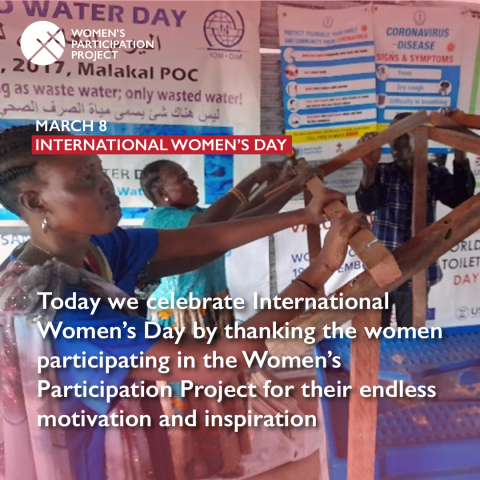Unlocking the lockdown gender-differentiated consequences of COVID-19 in Afghanistan
New York, NY, November 8, 2020 — To understand the gender impact of COVID-19 in Afghanistan, UN Women partnered with the International Rescue Committee (IRC), civil society organizations, and a mobile network operator (Roshan) to conduct a Rapid Assessment Survey across Afghanistan. The survey is part of a regional project run by UN Women to understand the differential impact of the pandemic on individuals across the Asia Pacific region. This rapid assessment survey summarizes first-hand data, research and policy work on the impact of the COVID-19 pandemic on women and girls, including how it is affecting employment, health, unpaid care, migration, internally displaced people, returnees and host communities.
While COVID-19 took a toll on all Afghans, the impacts on women and girls have worsened across the board the study highlights. “COVID-19 exposes our darkest social, economic and political vulnerabilities”, said Aleta Miller, UN Women Representative in Afghanistan. “The report we are just launching today shows that from homes to internally displaced camps, Afghan women are especially hurt by the resulting economic and social fallout.”
Since the outbreak of COVID-19, 77% of Afghans surveyed reported that the pandemic has negatively affected their emotional and mental health. Survey findings show that accessing health care is a challenge for the vast majority of the population. Respondents noted longer waiting times at the doctor, an inability to seek medical care when needed, and reduced access to medical supplies, hygiene products, and food. However, women face additional challenges and discrimination in accessing these services due to the lack of female health practitioners and cultural barriers restricting women’s travel, especially in rural areas.
The spread of COVID-19 is not only a global health pandemic, but is also affecting people’s livelihoods. In Afghanistan, when women work, they mostly do so in the informal sector. Survey findings indicate that 63% of women surveyed who work in the informal sector have lost their jobs since the beginning of the pandemic. The impacts are not just economic. More people at home also means that the burden of unpaid care and domestic work has increased for women and girls. For example, only 11%of men reported increases in the amount of time spent carrying out at least three activities related to unpaid domestic work. In comparison, the percentage for women was a striking 41%.
“We know that crises impact women and girls differently because of gender inequality, yet we are still not seeing most COVID-19 response plans prioritize their unique needs” said Vicki Aken, IRC Country Director in Afghanistan. “The meaningful participation of women at all levels, a focus on gathering and analyzing gender disaggregated data, and designated budgets to support the needs of women and girls are critical in ensuring they are not left further behind due to COVID-19.”
The publication concludes with a series of recommendations including calling for greater investment of data on the gendered impacts of the pandemic. Aleta Miller, UN Women Representative in Afghanistan commented, “Afghanistan stands the unique opportunity to build back stronger and better as the country approaches peace. But in order to do so, women must be the drivers and the beneficiaries of the response that tackles the vulnerabilities our report is flagging. All policies addressing the fallout of COVID-19 pandemic must be inclusive and transformative, addressing women’s leadership and labour, both outside and within the home.”
Read the full report here
Read the full press release here


